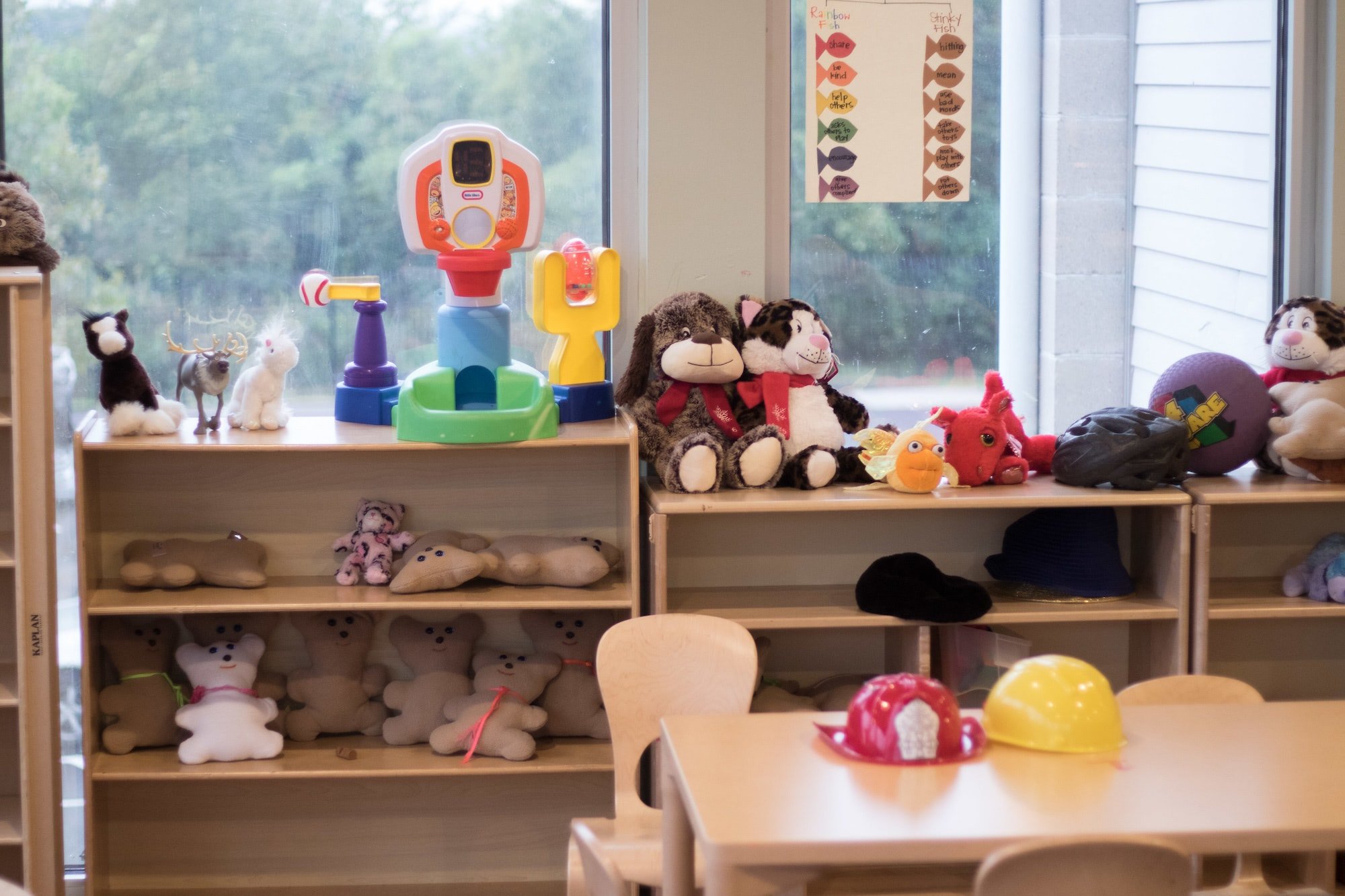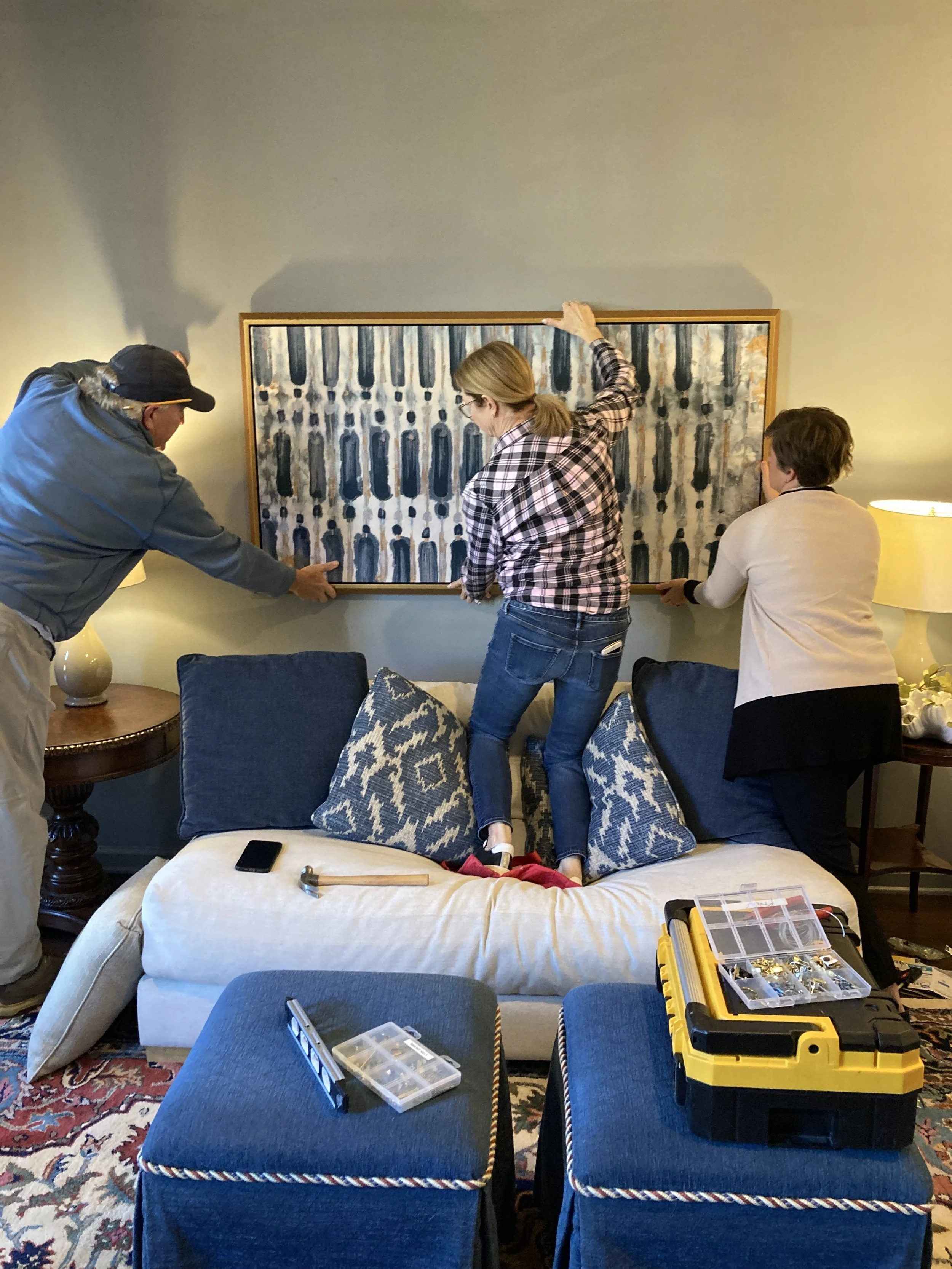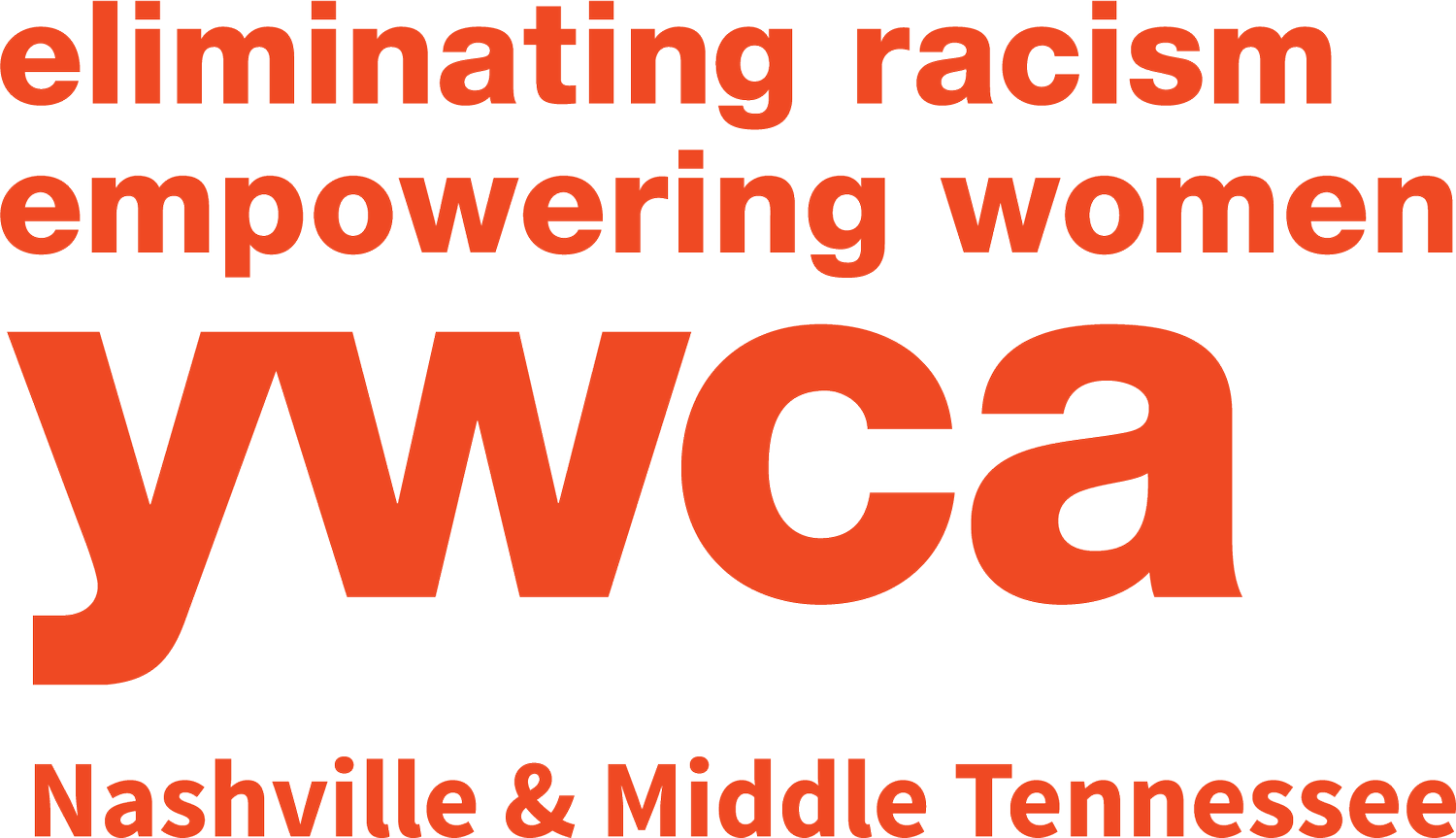Domestic Violence Services↘
YWCA empowers domestic violence survivors to take control of their lives, while offering them safety and the resources to ensure their self-sufficiency. Domestic violence is any pattern of behaviors that attempts to control and intimidate a partner or family member through fear, manipulation, isolation, financial abuse, physical abuse, sexual abuse and/or verbal abuse. Domestic violence does not discriminate. It cuts across all ethnic, racial, and socio-economic backgrounds.
YWCA is the largest provider of domestic violence services in the state of Tennessee. YWCA’s Weaver Domestic Violence Center is a 65-bed emergency shelter in an undisclosed location in Nashville. A state-of-the-art pet shelter opened on the grounds of the Weaver Center in early 2021.
Seeking help or shelter for yourself or a loved one? Call 800-334-4628 or text 615-983-5170 24/7 to access our Domestic Violence Services.
Domestic violence is an epidemic that impacts individuals in every community, regardless of age, economic status, sexual orientation, gender, race, religion, or nationality.
In the United States…
1 in 4 women will be a victim of domestic violence in her lifetime.
3 women are killed each day by a man who says he loves her.
15.5 million children witness domestic violence each year.
In Tennessee…
More than half of crimes against persons are domestic violence-related.
Tennessee ranks 7th overall in the nation for the number of women killed by men (TN is the 16th most populous state in the U.S.).
Metro Nashville Police respond to a domestic violence call every 20 minutes.
-

Weaver Domestic Violence Center
The Weaver Center is a warm and welcoming place for victims of domestic violence and their children.
-

Abbie's Safe Home
YWCA's state-of-the-art pet shelter allows survivors and their pets to be safe and heal together.
-

Shear Haven Training
Learn the signs of domestic abuse and how to respond by taking our Shear Haven online training.
-

Re-New at the YWCA
This volunteer-run program creates beautiful homes for women and families who are leaving our shelter and getting a fresh start.
Anita’s Story
YWCA Nashville & Middle Tennessee provides safety, healing, and hope for hundreds women and children fleeing domestic violence in our community every year. We’re so thankful to Anita for sharing her story of survival in the hopes that others will seek safety from YWCA in their greatest time of need.
Anita’s Story, Domestic Violence, YWCA Nashville & Middle Tennesse

